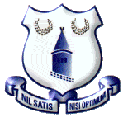
nighthawkgeoff page 4.


Sport : I love most sports, football and snooker are my passions. I like rugby, tennis, badminton, golf, in fact nearly every sport, apart from fishing! Fishing has got to be the biggest waste of time ever, and one of the most boring things known to man. In fact i'd rather go shopping with my mrs.
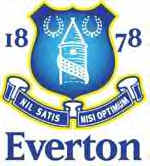
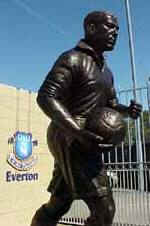
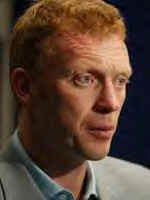
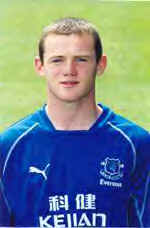
MY TEAM ! Dixie Dean. Moysey. Rooney.
(Pic 1): Everton F.C. (The Blues) The Peoples Club. My team through thick & thin. Founded 1878 and still great. (Pic 2):The Dixie Dean memorial stands proud outside of Goodison Park as a reminder of how great he was/is. (Pic 3): A legend to all blues lovers. What can I say about our manager Mr David Moyes? He's been with us such a short space of time, and he's transformed us from a struggling team to a team pushing the big boys, back at the top where we should be! I think Moysey could go on to be a legend, like Bill Shankley, Cloughie, and other great managers of the past, time will tell !! (Pic 4) : Wayne Rooney the present and the future all rolled into one. What a player! 17 on his birth certificate, but plays with the maturity & skill of a veteran. Already played for England, not just played but starred. He is an outstanding talent, and is being handled just right by Moysey.
ALL TIME FAVOURITE EVERTON TEAM !!
1. Neville Southall
2. Gary Stevens
3. Ray Wilson
4. Peter Reid
5. Brian Labone.
6. Kevin Ratcliffe
7. Trevor Steven
8. Alan Ball (capt)
9. Gary Linekar
10. Duncan McKenzie
11. Andy Gray
Tactics ? why worry ? my team would be world beaters.
4-3-3 ...mail me your teams !
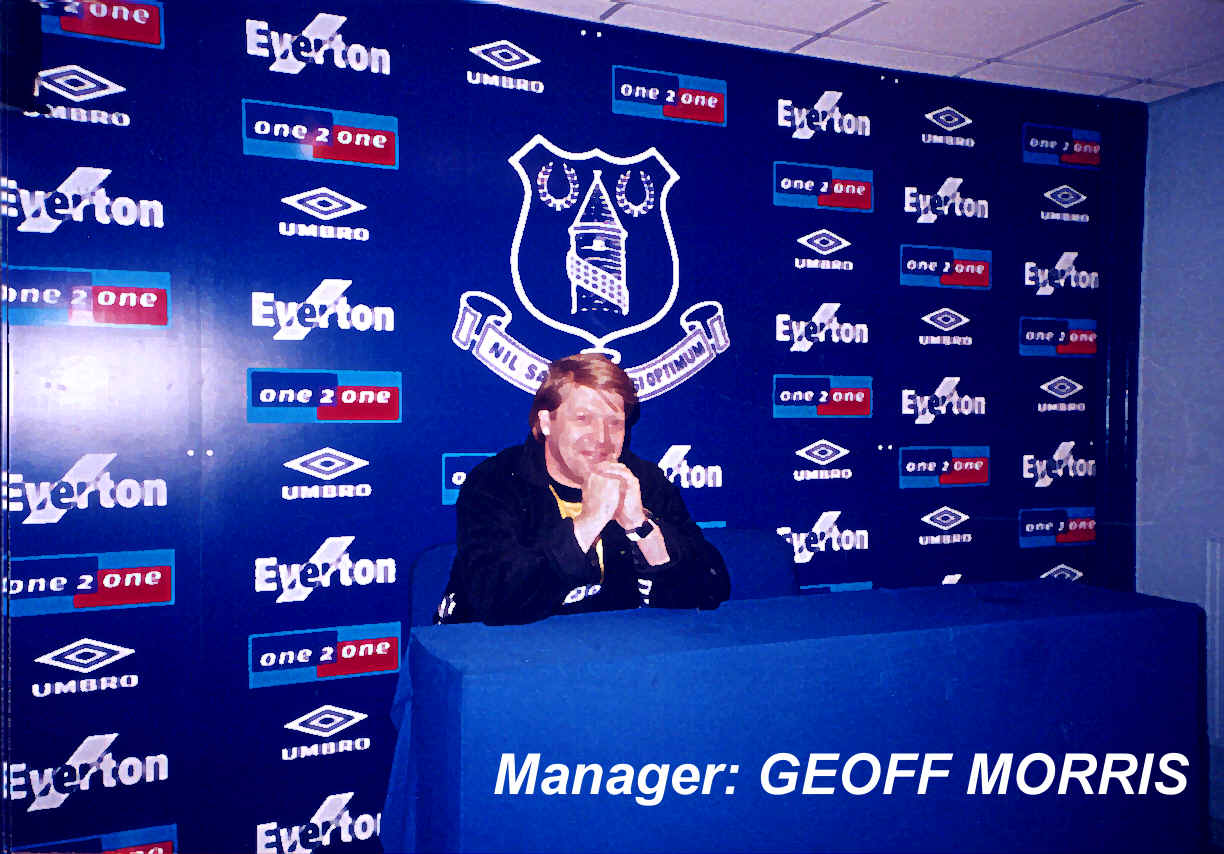
I Wish !!! Picture taken November 1999. Goodison Park pressroom. Oh the pressure !
FOUNDING OF THE
CLUB
FROM STANLEY PARK
TO PRIORY ROAD
Everton's first ground
was the southeast corner of Stanley Park. The park had been opened in 1870. The
goalposts were self-made and anyone could stay and watch the matches.
Everton's first official match was played on December 20, 1879, when a team
called St. Peter's was beaten 6-0. During the early years, Everton played in the
regional cups, such as the Lancashire Cup and the Liverpool Cup. When the
attendance's went up to nearly two thousand, the officials decided that Everton
needed a better suited pitch.
In 1882, a generous gentleman named J. Cruitt donated land at Priory Road. Basic
dressing rooms were built there and entrance fees were collected outside the
ground. The 1882-83 season was the last one at Stanley Park.
The first official match at Priory Road was played between the Liverpool
regional team (consisting of Everton players) and Walsall regional team, the
match ended in a 3-3 draw. During the first season at Priory Road, Everton won
their first ever title, by beating Earlestown 1-0 in the Liverpool Cup final.
Everton's star player during these early days was an ex-Glasgow Rangers player,
Jack McGill, who was also the club captain.
The need for a new pitch loomed again, this time because Mr Cruitt didn't like
the club's vociferous and over-exuberant supporters. The new pitch, Anfield
Road, was rented from Orrell Brothers brewery. The rent was handled by John
Houlding, also in the brewing business, who had been the most influential
supporter in the early days. Houlding was elected as the chairman of the club;
all the board meetings were held at Sandon Hotel, which he owned, and he was
even the Mayor of Liverpool during this period.
Everton's first professionals were George Dobson from Bolton, George Farmer from
Oswestry and Alec Dick from Kilmarnock. Success was quick to follow, as Everton
won the Liverpool Cup in 1886 and 1887, beating Bootle 2-1 and Oakfield 5-0 in
the finals.
THE FA CUP AND
THE FARCE
These successes inspired
Everton to enter the FA Cup for the first time in 1886-87. The first opponents
were Glasgow Rangers, who were the winners at Anfield by 0-1. Everton had used
some "illegal" players, so even a victory wouldn't have counted.
The following season, Everton played four matches in the FA Cup against Bolton.
After the first match - a defeat - Everton complained about the eligibility of
one Bolton player. The replay was a draw, as was the next match. Everton finally
won the fourth match, but this time Bolton accused Everton of paying money to
seven of it's amateurs.
Everton played Preston in the next round - losing 0-6 - before the FA
disqualified them. This farce led to Everton not entering the next season's FA
Cup.

